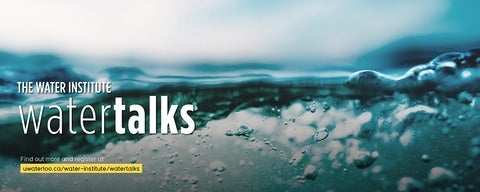A University of Waterloo press release.
Climate change will limit where the Winter Olympics can be held as winter changes across the Northern Hemisphere, according to a study by an international team of researchers led by the University of Waterloo.
The study, involving researchers from Canada, Austria and the United States, found that if global emissions of greenhouse gases are not dramatically reduced, only one of the 21 cities that have previously hosted the Winter Olympics would be able to reliably provide fair and safe conditions for the snow sports program of the Games by the end of this century. However, if the Paris Climate Agreement emission targets can be achieved, the number of climate-reliable host cities jumps to eight, with only six considered unreliable.





